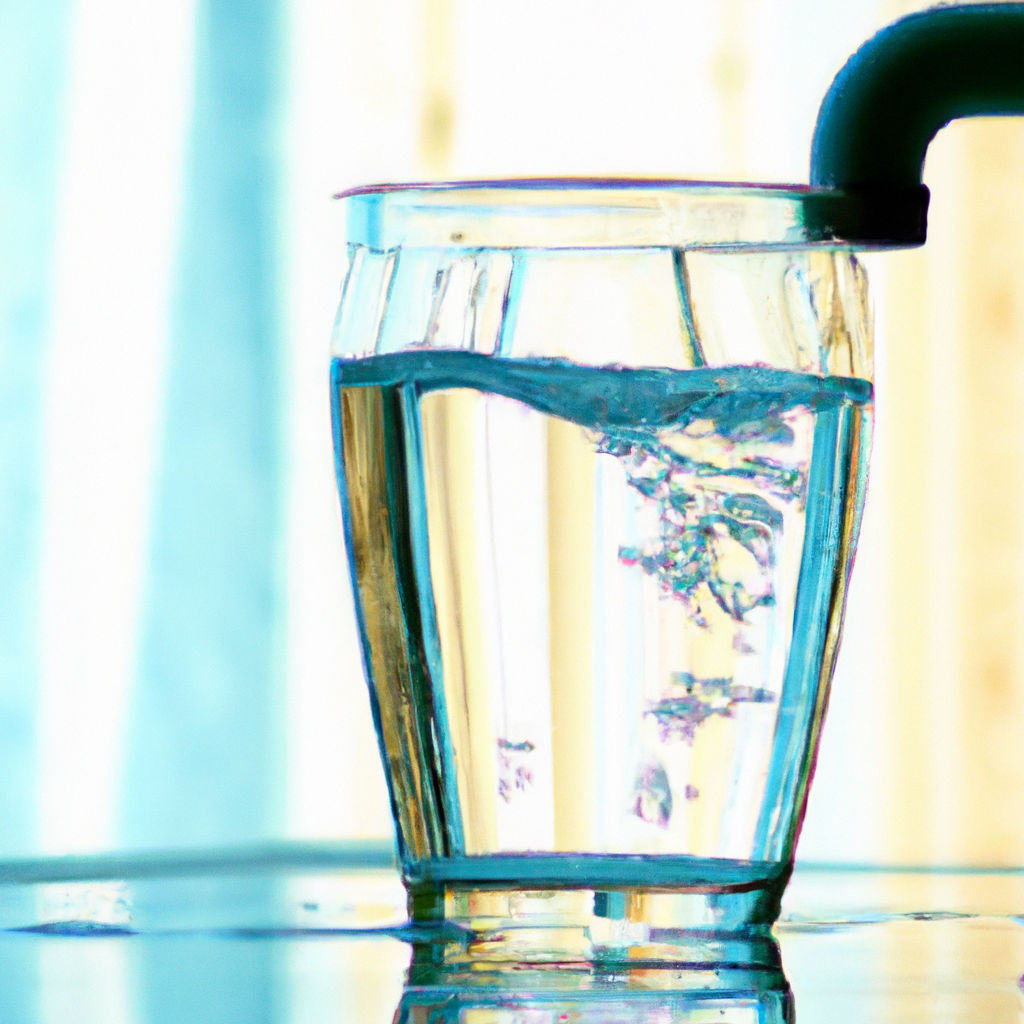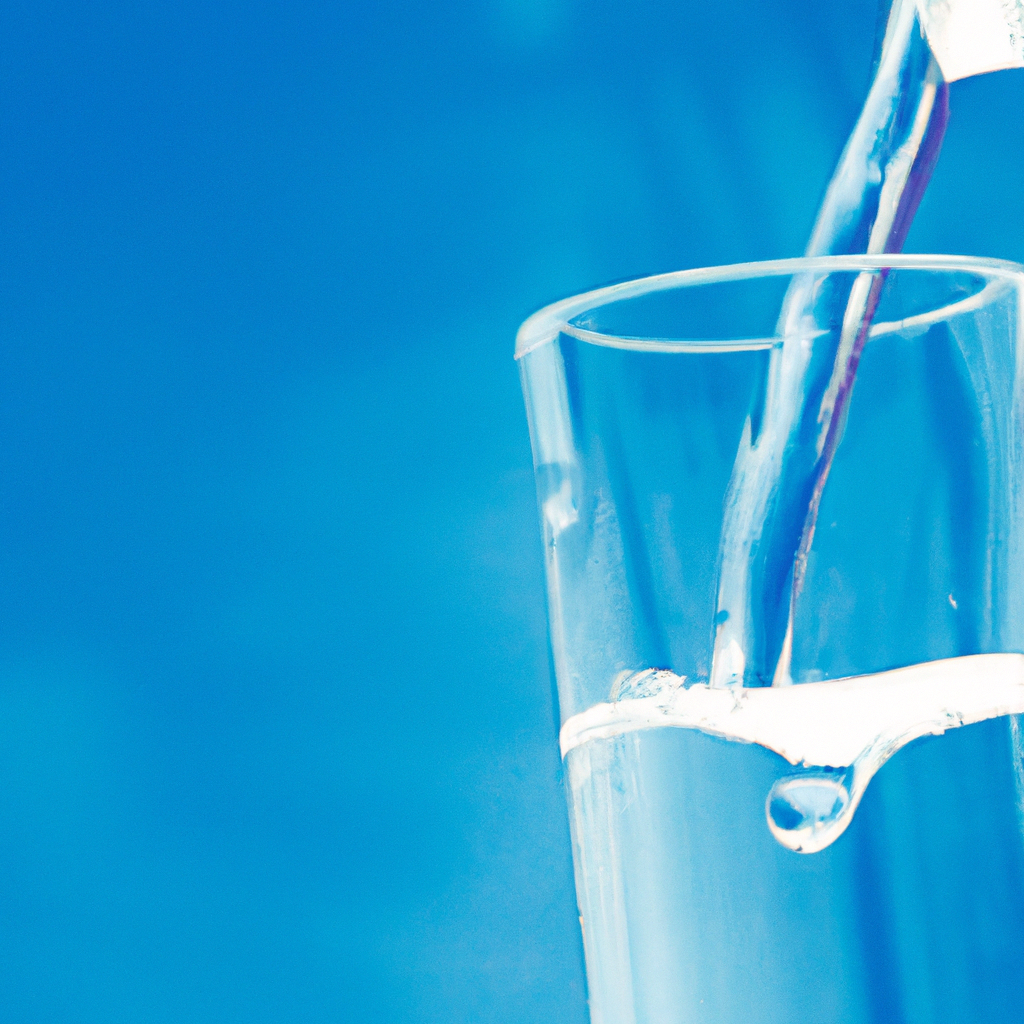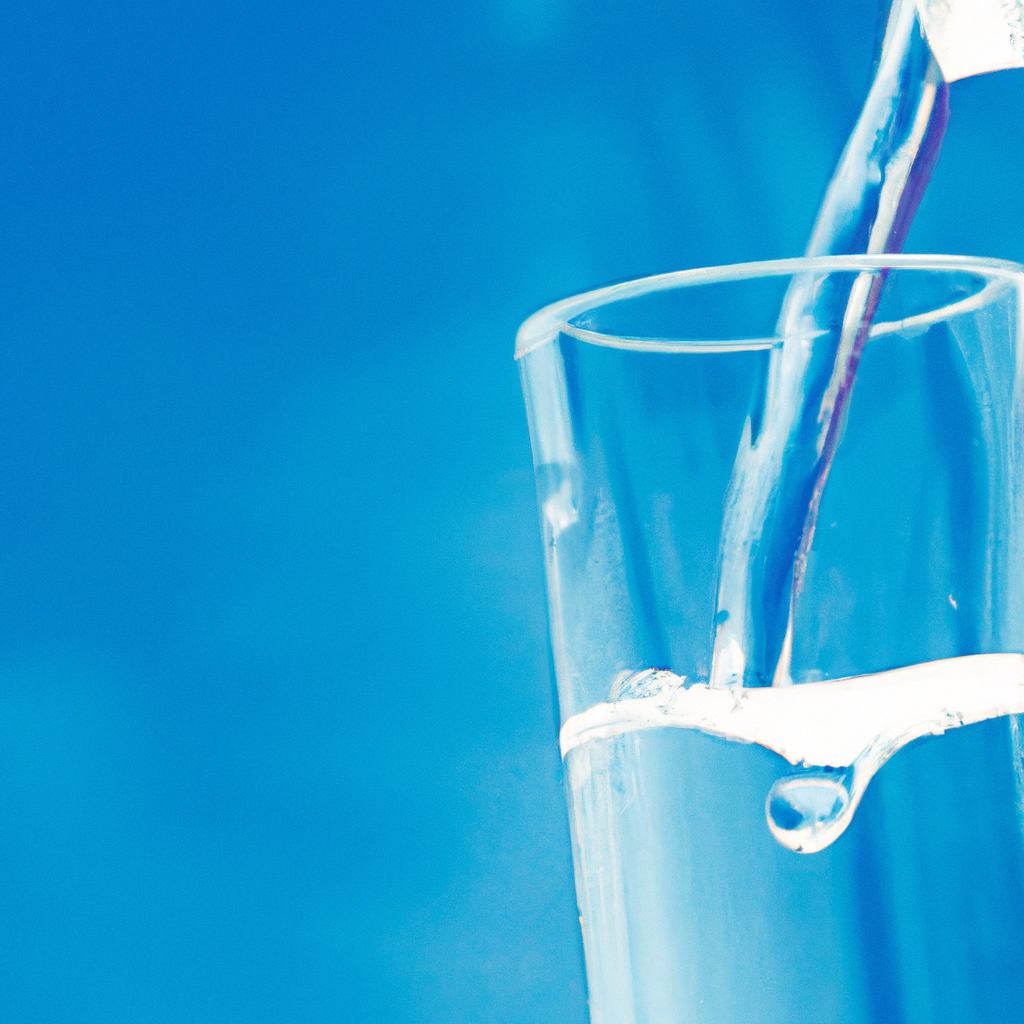Are you planning a trip to the beautiful Dominican Republic? One question that often comes to mind before traveling is whether or not it is safe to drink the water there. The answer is… well, it’s not so straightforward. In this article, we will explore the factors that can affect the safety of drinking water in the Dominican Republic, giving you all the information you need to stay hydrated and healthy during your visit.

Water Quality in Dominican Republic
The water quality in the Dominican Republic is an important topic to address, especially for those who are planning to visit the country or live there. With concerns about waterborne diseases and contamination, it’s essential to have access to safe and clean drinking water. In this comprehensive article, we will explore the different sources of drinking water, the water treatment process, the challenges the country faces in providing clean water, and the various options available for individuals to ensure they are consuming high-quality water. So let’s dive in!
Sources of Drinking Water
In the Dominican Republic, the primary sources of drinking water include surface water and groundwater. Surface water is obtained from rivers, lakes, and reservoirs, while groundwater is extracted from wells. While these sources can potentially provide clean and safe drinking water, they are susceptible to contamination from various environmental factors, sewage overflow, and agricultural activities.
Water Treatment Process
To ensure the safety and quality of drinking water in the Dominican Republic, a rigorous water treatment process is followed. The treatment process involves several stages, including coagulation, flocculation, sedimentation, filtration, and disinfection. Coagulation helps remove impurities by adding chemicals that cause particles to clump together. Flocculation further aids in the removal of suspended particles, followed by sedimentation, where the settled particles are removed. The water then goes through filtration to eliminate any remaining impurities, and it is finally disinfected using chlorine or other appropriate disinfectants.
Public Water Supply
The public water supply in the Dominican Republic is regulated by the National Institute of Potable Water and Sewerage (INAPA) and the Water and Sanitation Corporation (CORAPLATA). These government bodies work diligently to establish safety regulations and ensure the water supplied to households meets the required standards.
Safety Regulations
INAPA and CORAPLATA have set strict safety regulations to protect the public from potential waterborne illnesses. These regulations dictate the maximum allowable levels of various contaminants in drinking water, such as bacteria, viruses, chemical compounds, and heavy metals. Regular monitoring and testing are conducted to ensure compliance with these regulations and maintain high water quality standards throughout the country.
Infrastructure Challenges
Despite efforts to provide safe drinking water, the Dominican Republic faces significant infrastructure challenges that can affect water quality. The country’s aging water supply infrastructure, including pipelines and treatment plants, can contribute to leaks and contamination issues. Additionally, in some rural areas, access to clean water remains limited due to inadequate infrastructure, hindering the proper treatment and distribution of drinking water.
Water Quality Testing
To ensure the effectiveness of the water treatment process and monitor the safety of the public water supply, frequent water quality testing is conducted in the Dominican Republic. These tests analyze various parameters, such as microbial contaminants, pH levels, turbidity, and chemical compounds. Sampling is carried out at different points within the distribution network, including water sources, treatment plants, and households, to identify any potential issues and take appropriate measures promptly.
Bottled Water
Recognizing the concerns surrounding the public water supply, bottled water has become a popular alternative for many residents and tourists in the Dominican Republic. Bottled water offers convenience, reliability, and the assurance of a safe drinking option. It is widely available throughout the country, from small local grocery stores to large supermarkets and even street vendors.
Availability and Varieties
In the Dominican Republic, bottled water is readily available in various sizes and brands. From individual-serving bottles to larger jugs, consumers have a wide range of options to choose from based on their preferences and requirements. International brands and locally produced bottled water can be found, giving consumers the freedom to select a brand they trust or explore new ones.
Quality Control Measures
To maintain the quality and safety of bottled water, regulations and quality control measures are implemented by the Dominican Republic’s Ministry of Public Health and Social Assistance (MSPBS). These measures include mandatory health permits, regular inspections, and strict adherence to hygiene and safety standards during the production and packaging processes. This ensures that bottled water is properly treated, free from contaminants, and safe for consumption.
Filtered and Purified Water
Apart from relying on bottled water, filtering and purifying water at home or in commercial establishments has become another viable option for individuals seeking high-quality drinking water.
Water Filtration Systems
Water filtration systems are commonly used in homes, businesses, and hotels to improve the quality of tap water. These systems help remove impurities, sediment, chlorine, and harmful substances, providing a more pleasant taste and safer drinking experience. Filtration systems can be installed under the sink, attached to faucets, or used as pitchers with replaceable filters.
Water Purification Methods
Water purification methods, such as boiling or using water purification tablets, are also employed to ensure safe drinking water. Boiling water for at least one minute can effectively kill most microorganisms, making it a reliable method when access to other purification options is limited. Water purification tablets, on the other hand, contain chemicals that eliminate bacteria, viruses, and parasites and are often used during outdoor activities or emergencies.
Health Concerns
Waterborne diseases are a significant concern in the Dominican Republic, as they can cause severe illness and even death if not properly addressed. The consumption of contaminated water can lead to diseases like cholera, typhoid fever, hepatitis A, and gastroenteritis.
Waterborne Diseases
Cholera, a potentially life-threatening disease, is caused by the bacterium Vibrio cholerae and is spread through contaminated water or food. Typhoid fever, caused by the bacterium Salmonella enterica serotype Typhi, is another waterborne disease characterized by high fever, abdominal pain, and gastrointestinal symptoms. Hepatitis A, a viral infection, affects the liver and can be transmitted through water contaminated with fecal matter. Gastroenteritis, which causes inflammation of the stomach and intestines, is commonly caused by ingesting water containing harmful bacteria, viruses, or parasites.
Preventing Waterborne Illnesses
To prevent waterborne illnesses, it is crucial to adopt preventive measures and safe practices. These include drinking only clean and properly treated water, avoiding tap water that may be of questionable quality, practicing good personal hygiene, and consuming food that has been adequately cooked and prepared in a hygienic environment. Additionally, thorough handwashing with soap and water before handling or consuming food is essential to minimize the risk of infections.

Risks for Travelers
Travelers, especially those unaccustomed to the local water quality, may be more susceptible to water contaminants and should take extra precautions to protect their health.
Susceptibility to Water Contaminants
Travelers visiting the Dominican Republic may have different levels of immunity to local waterborne pathogens compared to residents. As a result, they may be more likely to experience gastrointestinal issues and other waterborne illnesses if they consume contaminated water. This vulnerability is particularly true for tourists coming from regions with different water standards or lacking exposure to specific local pathogens.
Precautions and Recommendations
To minimize the risks associated with waterborne contaminants, travelers are advised to take certain precautions. The most effective way to ensure safe drinking water is to rely on sealed bottled water from trusted sources. This eliminates the uncertainty of water quality and reduces the chances of consuming contaminated water. Additionally, avoiding beverages with ice made from tap water and using bottled water for brushing teeth or rinsing fruits and vegetables are recommended. Furthermore, it is advisable to wash hands frequently, especially before eating, even when using bottled water.
Alternative Drinking Water Sources
Alongside sealed bottled water and water treatment methods, there are alternative drinking water sources that can be considered to address water quality concerns.
Buying Sealed Bottled Water
For individuals unsure about tap water quality or availability, buying sealed bottled water is the most reliable alternative. This ensures access to safe drinking water that has undergone proper treatment and packaging, giving consumers peace of mind.
Boiling or Treating Tap Water
For those who prefer tap water but want to enhance its safety, boiling or treating the water can be an effective solution. Boiling tap water for at least one minute kills most microorganisms, making it suitable for consumption. Alternatively, water filtration systems or water purifying tablets can be used to further purify tap water and remove potential contaminants.
Water Quality at Resorts
When staying at resorts in the Dominican Republic, tourists often wonder about the safety and quality of the water provided.
Resort Water Treatment Processes
Resorts recognize the importance of providing guests with clean and safe drinking water. To ensure this, many resorts have their water treatment facilities or partnerships with reputable water treatment companies. These facilities often employ advanced purification technologies to achieve high-quality water for drinking, cooking, and other purposes.
Provided Bottled Water
As an added precaution, many resorts provide guests with complimentary sealed bottled water in their rooms and throughout the resort premises. This gives guests the option to consume bottled water exclusively during their stay, further minimizing any potential risks associated with tap water.
Local Perspectives
Understanding the local perspectives and drinking water habits of residents in the Dominican Republic offers valuable insights into the realities of accessing safe drinking water.
Drinking Water Habits of Locals
For many local residents, tap water is used for various purposes, such as cooking and cleaning. However, when it comes to drinking water, the majority often rely on safer alternatives like bottled water. This preference for bottled water is not only driven by concerns about water quality but also by convenience and accessibility.
Insights from Residents
Residents of the Dominican Republic have highlighted the importance of being cautious when it comes to drinking water, especially for visitors. They stress the significance of choosing reliable sources of bottled water and being aware of potential hazards associated with consuming tap water from unfamiliar locations. By heeding these insights, tourists can better protect themselves from waterborne diseases and enjoy a worry-free stay in the country.
Summary and Conclusion
Ensuring access to safe drinking water is crucial for residents and visitors alike in the Dominican Republic. While the public water supply goes through a comprehensive treatment process, infrastructure challenges and the risk of contamination necessitate additional precautions. Bottled water remains a popular and convenient choice for many, given its readily available and regulated nature. Furthermore, filtration and purification methods offer alternative solutions, allowing individuals to enhance the quality of tap water and safeguard their health. Travelers should adhere to the recommended precautions, such as relying on sealed bottled water and practicing good hygiene, to minimize the risks associated with waterborne diseases. By being knowledgeable about the local perspectives and insights, visitors can make informed decisions to stay hydrated and healthy during their time in the beautiful Dominican Republic.
